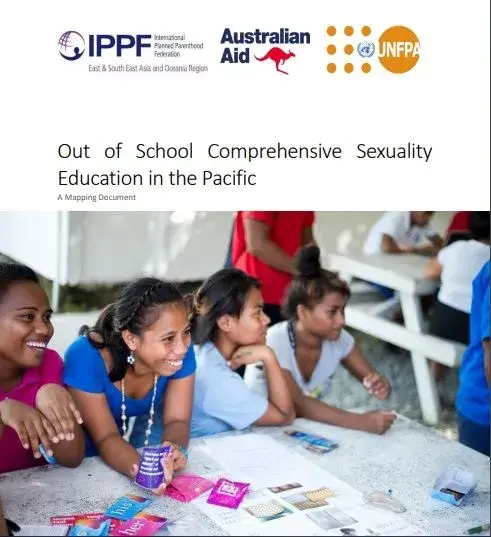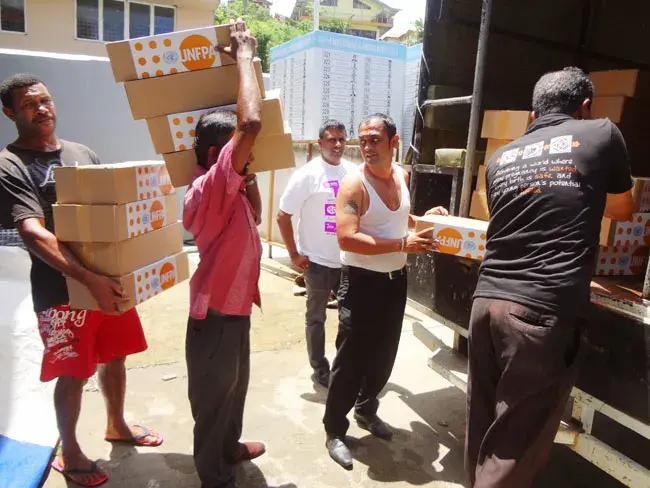The importance of comprehensive sexuality education in improving the sexual and reproductive health of young people and reducing gender-based violence is well documented. Comprehensive, quality, rightsbased programmes have been demonstrated to support young people to develop self-esteem and crucial life skills; empower them to make informed decisions and thus reduce rates of sexually transmitted infections, unintended pregnancies and sexual and gender-based violence. While many Pacific countries have taken great strides to provide sexuality education to young people in school, there is a lack of knowledge about the education that is provided to young people outside of school and access to quality, rights-based and gender sensitive comprehensive sexuality education is not universal across the Pacific. The Transformative Agenda, a programme funded by the Australian Department of Foreign Affairs and Trade (DFAT) through UNFPA, identified comprehensive sexuality education as the main strategy for increasing demand for integrated sexual and reproductive health information and services in order to reduce unmet need for family planning and ultimately transform the lives of adolescents and youth. As such, IPPF with support from UNFPA, conducted a mapping of sexuality education and related programmes delivered by various groups across Cook Islands, Fiji, Kiribati, Papua New Guinea, Samoa, Solomon Islands, Tonga, Tuvalu and Vanuatu. A survey with organisations delivering sexuality education was conducted to understand what is currently being delivered outside of the school setting. Additionally, through online surveys, a review of existing resources and focus groups conducted with young people across the Pacific, it was possible to identify the content and programming gaps in delivering comprehensive sexuality education. It was found that while a range of organisations are delivering some form of sexuality education to young people outside of school settings, the curricula delivered are not equipping young people with adequate knowledge and skills to inform their decision making and cope with everyday challenges related to sexual and reproductive health. Organisations reported significant gaps in their curricula while young people reported receiving incomplete information or missing certain topics entirely. It is crucial that young people are empowered to make informed decisions about their lives, by providing them with the necessary skills, knowledge and confidence. IPPF and UNFPA are committed to supporting Pacific national Governments, civil society organisations and feminist movements to ensure that every young person has the skills, confidence and knowledge to successfully navigate the challenging transition to adulthood and realise their full potential, through collaboration with multiple and diverse stakeholders in the Pacific region.
Who we are
What we do
Out of School Comprehensive Sexuality Education in the Pacific

Publisher
UNFPA Pacific and IPPF
Number of pages
56
Author
UNFPA Pacific IPPF
Publication
Out of School Comprehensive Sexuality Education in the Pacific
Publication date
05 May 2021



